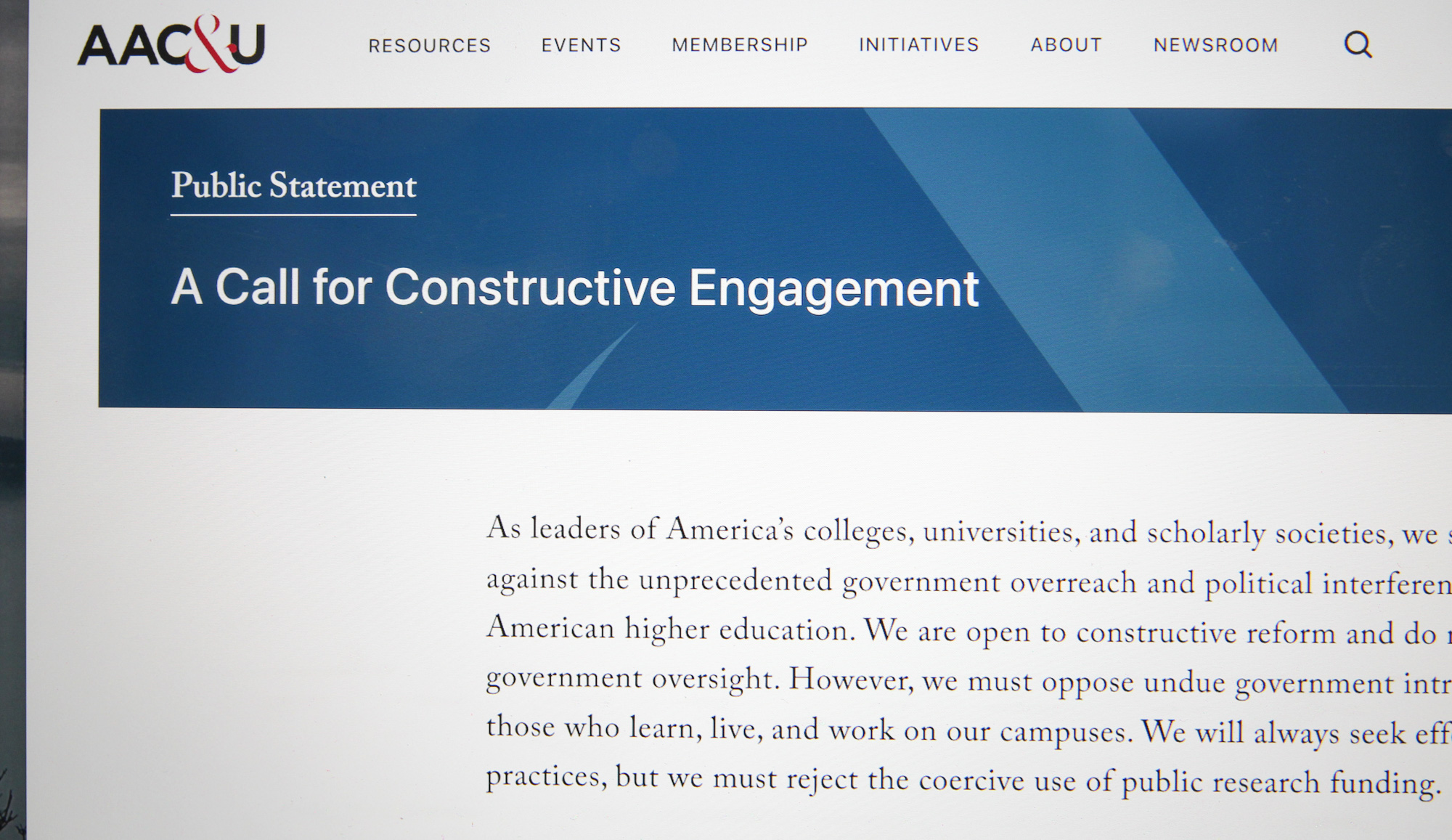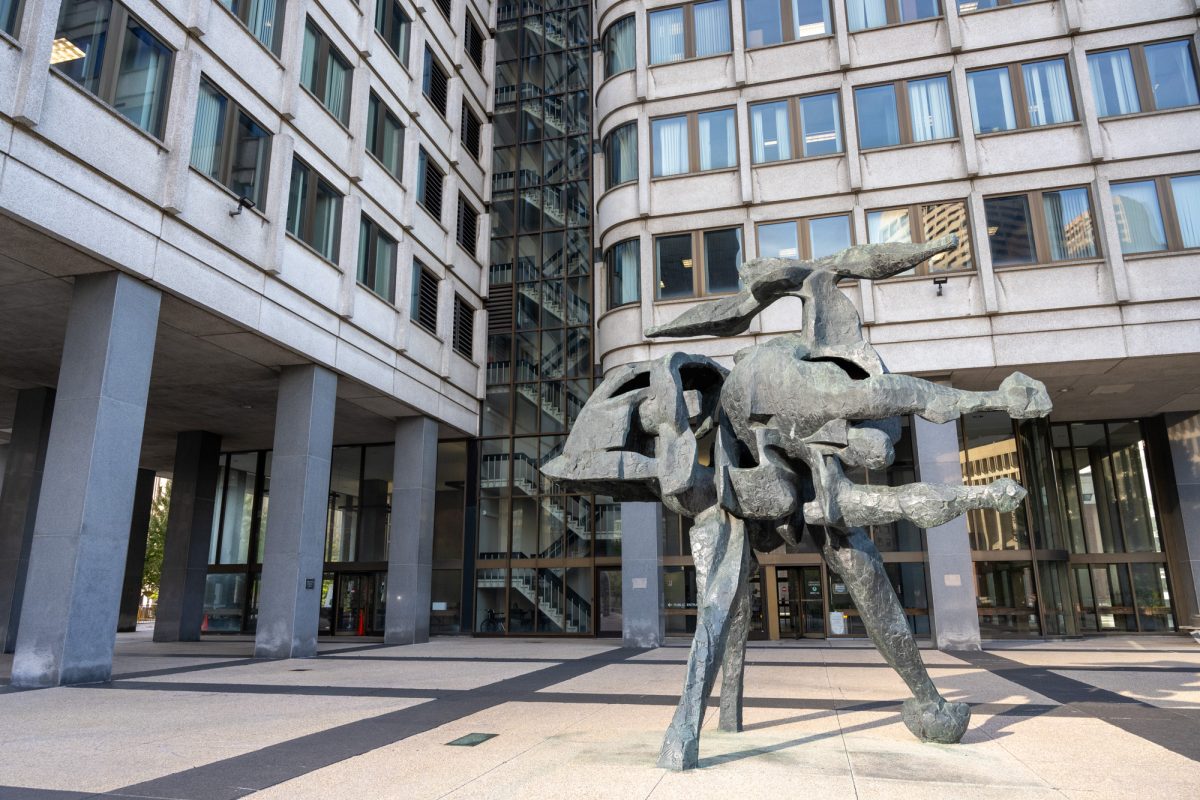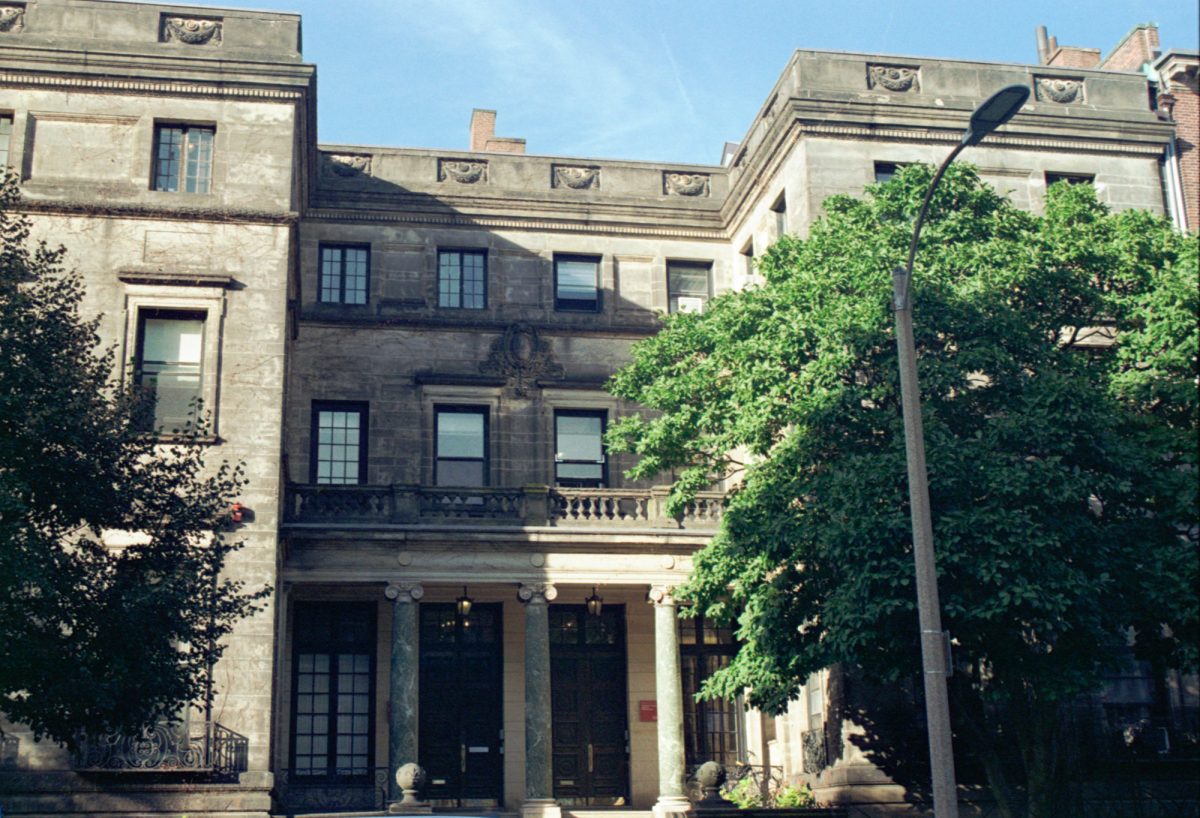Boston University President Melissa Gilliam joined more than 400 other college presidents and leaders in co-signing a letter speaking out against “unprecedented government outreach.”

The letter, published by the American Association of Colleges and Universities April 22, opposes “undue government intrusion in the lives of those who learn, live, and work on our campuses” and instead calls for constructive engagement regarding higher education.
“We will always seek effective and fair financial practices, but we must reject the coercive use of public research funding,” the letter reads.
More than 20 Massachusetts higher education institution presidents signed the AACU letter, including Harvard University President Alan Garber, Wellesley College President Paula Johnson, Massachusetts Institute of Technology President Sally Kornbluth and Tufts University President Sunil Kumar.
The Trump administration issued a list of demands to Harvard University April 3, urging it to commit to removing diversity, equity and inclusion policies and “merit-based” hiring and admissions practices.
Harvard did not accept the Trump administration’s demands, resulting in the Trump administration freezing $2 billion in grants to the university April 14. Columbia University, Princeton University and Cornell University are among other universities that had federal funding suspended by the Trump administration.
More than 500 BU faculty signed a letter addressed to BU Board of Trustees, calling for them to “refuse to comply with unlawful demands that threaten academic freedom and university self-governance” April 17. The letter states freedom from federal interference has allowed universities to lead in research and scientific innovation.
Mary Battenfeld, co-president of the BU chapter of the American Association of University Professors and a clinical professor of American studies who signed the BU letter, said she was happy to hear Gilliam signed the AACU letter.
She said Gilliam’s signing felt like the actions BU faculty and students have been taking are leaving an impact.
“There’s lots of reasons why [Gilliam] ultimately decided to sign that, in part because it was speaking as one voice in a large group of presidents,” Battenfeld said. “But, I do feel she seemed to have been listening to faculty and staff and students who are asking for some public response.”
However, Battenfeld said she also wishes for clarity in the language of the letter.
When she was a student, Battenfeld was involved with the movement calling for divestment from South African apartheid. She said the phrase “constructive engagement” was frequently used as a conciliatory “anti-divestment, apartheid friendly response.”
“I’m saying that as much as a historian as someone who was a student activist, that it is worrying. What does that constructive engagement [mean]?” Battenfeld said. “When you’re dealing with authoritarian repression, I think there really is no constructive engagement. You just have to resist.”
The AACU is continuing to accept signatures from current leaders of universities, colleges and scholarly societies.
“The price of abridging the defining freedoms of American higher education will be paid by our students and our society,” the letter reads. “On behalf of our current and future students, and all who work at and benefit from our institutions, we call for constructive engagement that improves our institutions and serves our republic.”












































































































